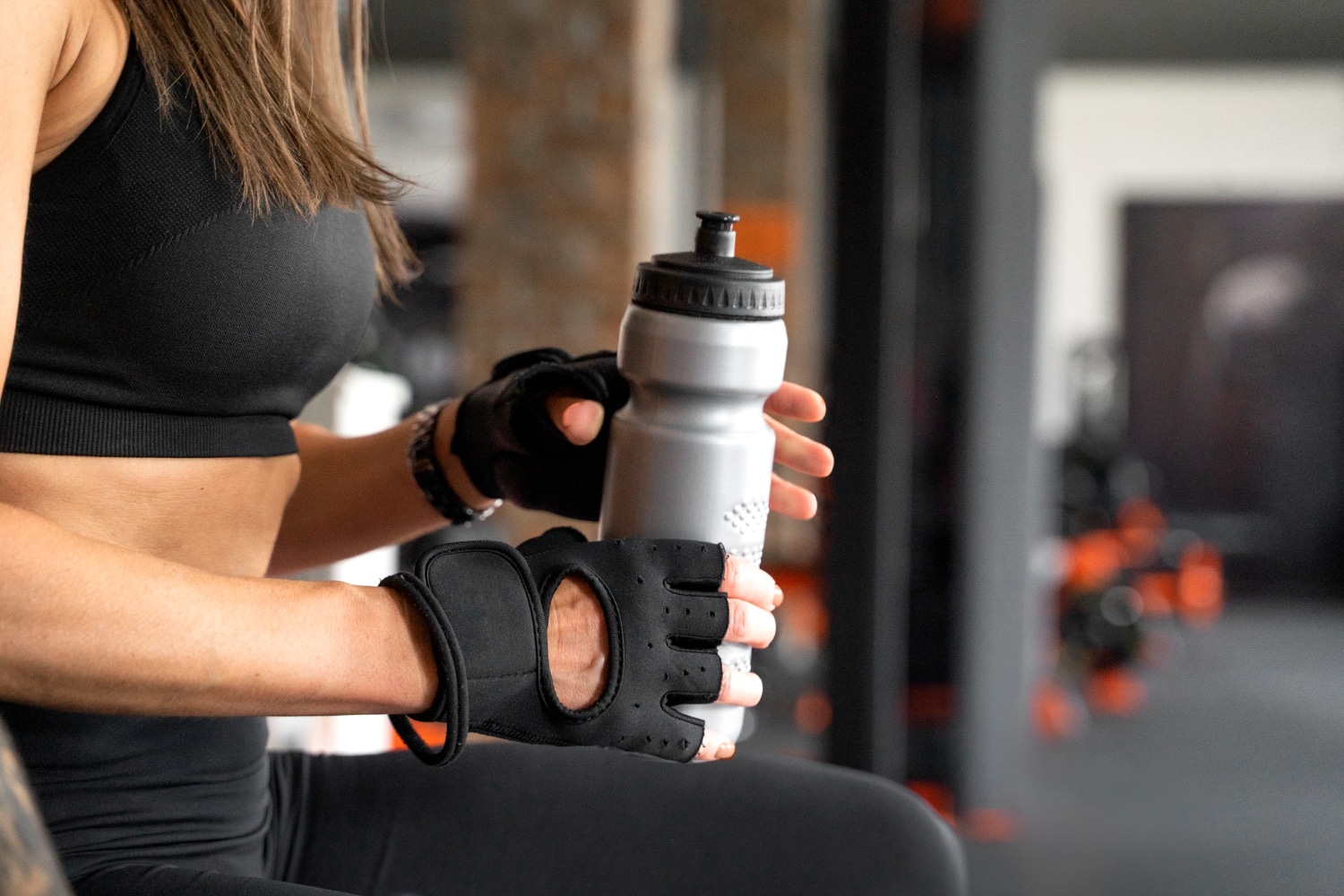Nutrition and Sports: The Path to Peak Performance
Playing sports is a healthy and fun way to stay active, improve physical fitness and enjoy a more balanced life.
If you are starting to venture into the world of sports, it is important to understand that nutrition plays a fundamental role in your performance and well-being.
In this comprehensive guide, we'll explore the basics of nutrition for beginners, helping you reach your goals and stay healthy.
Essential Nutrients for Sports Beginners
1. Carbohydrates
Carbohydrates are the main source of energy for the body, making them essential for anyone involved in sporting activities. They are stored in muscles as glycogen, which is used during exercise to provide energy. Good sources of carbohydrates include:
- Whole grains (brown rice, oats, quinoa)
- Vegetables (potatoes, sweet potatoes)
- Fruits (banana, apple)
- Whole wheat pasta
Eating carbohydrates before exercise helps provide sustained energy. During your workout, you can also consider using carbohydrate-rich gels or sports drinks to maintain energy levels.
2. Proteins
Proteins are essential for building and repairing muscles. When starting a sports program, it is important to ensure you are consuming enough protein to support muscle growth and recovery. Protein sources include:
- Lean meat (chicken, fish, lean beef)
- Eggs
- Dairy products (yogurt, cheese, milk)
- Legumes (beans, lentils, chickpeas)
Make sure to distribute your protein intake throughout the day, including it with each meal and snack.
3. Healthy Fats
Healthy fats play a crucial role in absorbing fat-soluble vitamins, regulating hormones, and maintaining brain function. Sources of healthy fats include:
- Avocado
- Nuts and seeds
- Olive oil
- Fatty fish (salmon, tuna)
- Coconut oil
While it's important to include healthy fats in your diet, remember that they are high in calories, so consume in moderation.
Hydration
Adequate hydration is essential for sports performance and general health. Dehydration can lead to fatigue, muscle cramps and reduced performance. Here are some guidelines for proper hydration:
- Drink water regularly throughout the day.
- Before exercising, drink around 500 ml of water 2 to 3 hours before training.
- During exercise, drink water every 15-20 minutes, especially during prolonged activities.
- After exercise, rehydrate by drinking water and, if necessary, an electrolyte-rich sports drink.
Planning Meals for Performance
In addition to knowing the essential nutrients, it is important to know how to plan your meals to obtain maximum benefits from your sports training.
Pre workout
The pre-workout meal is crucial for providing energy. It should be rich in carbohydrates and moderate in proteins and fats. Examples of pre-workout meals include:
- A bowl of oatmeal with banana and nuts.
- A turkey and vegetable sandwich on whole grain bread.
- Yogurt with fruit and honey.
Make sure to eat at least 1-2 hours before exercise to allow for proper digestion.
During Training
For long-duration exercise, consider consuming fast-absorbing carbohydrates, such as energy gels, to maintain your energy levels.
After training
After training, your body needs nutrients for recovery. It is important to consume protein to help with muscle repair, along with carbohydrates to replenish glycogen. Examples of post-workout meals include:
- A protein shake with fruit.
- Grilled chicken with sweet potato.
- Wholemeal pasta with vegetables and chicken.
Try to consume a post-workout meal within 2 hours of exercising.
Supplements
Supplements can be useful for beginners in sports, but it is essential to remember that a balanced diet must be the basis. Some common supplements include:
- Protein powder: useful for increasing protein intake.
- Creatine: can improve performance in high-intensity exercise.
- BCAAs (branched-chain amino acids): can help with muscle recovery.
Before adding supplements to your diet, it is advisable to consult a healthcare professional or nutritionist.
Tips for Healthy Eating
Here are some additional tips for maintaining a healthy diet when starting sports:
- Variety is key: Eat a wide variety of foods to ensure you get all the nutrients you need.
- Avoid processed foods: Limit your intake of foods high in added sugars, trans fats and sodium.
- Don't skip meals: Make sure to eat three main meals and healthy snacks throughout the day to maintain your energy levels.
- Listen to your body: Learn to recognize your body's hunger and satiety signals. Eat when you are hungry and stop when you are full.
- Plan your meals: Planning your meals in advance can help you avoid poor food choices when you're hungry.
Nutrition plays a crucial role in sports performance and overall health
As a beginner in the world of sports, it is essential to understand how to properly nourish your body. Remember that healthy eating is an ongoing journey and that guidance from a nutritionist can be valuable.
By following the principles presented in this guide, you will be well on your way to achieving your sporting goals and enjoying a healthier, more balanced life. So start eating properly today and reap the benefits in the future.




Post Comment